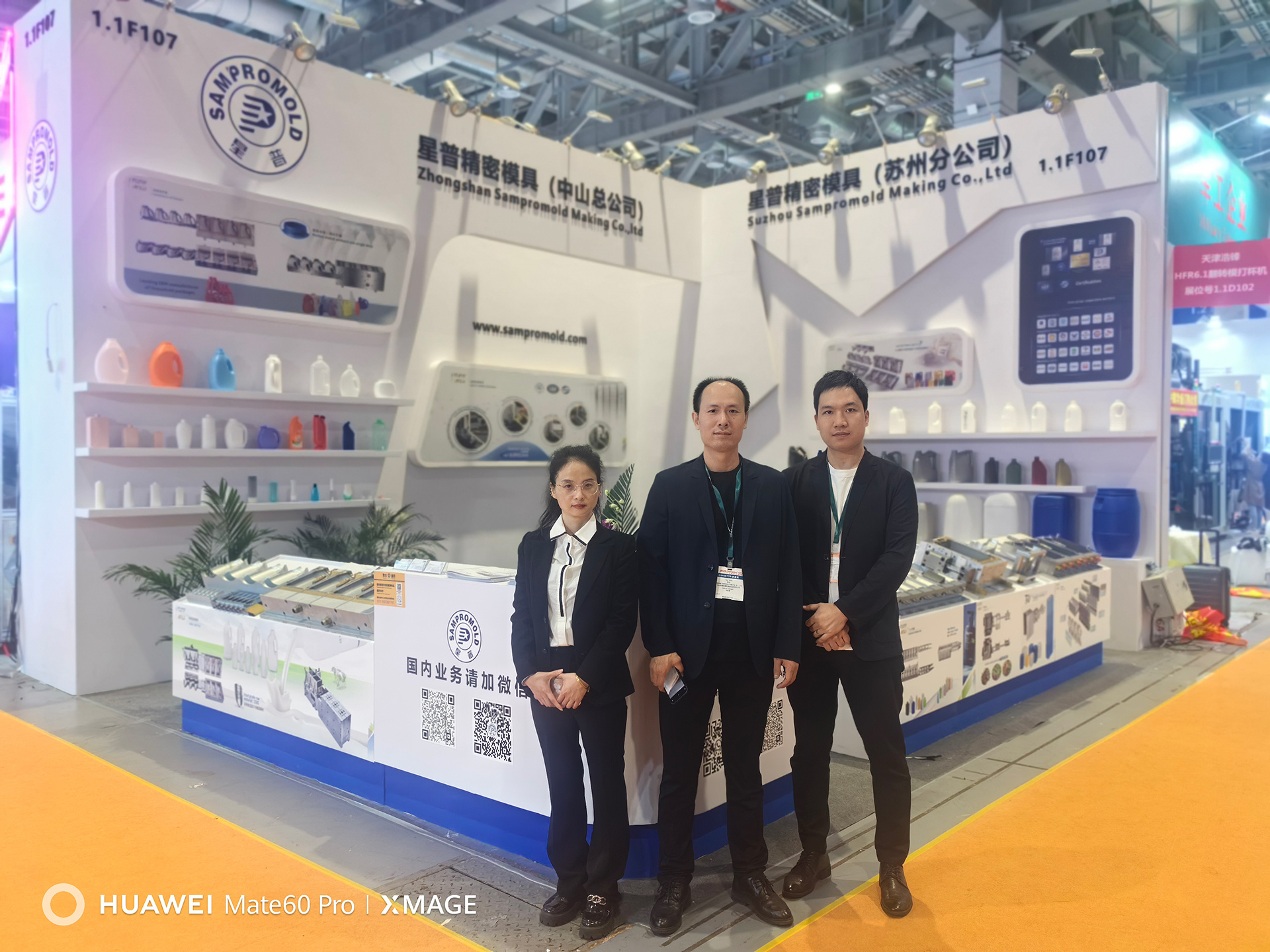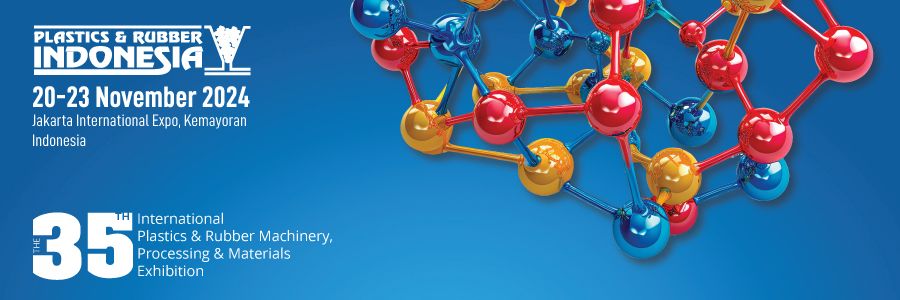Understanding the Benefits of Quality Teflon Injection Molds in Plastic Manufacturing
Time:
2025-06-25
In the realm of plastic manufacturing, the choice of materials and processes can significantly impact the final product's quality and efficiency. One highly regarded option for achieving superior results is the use of quality Teflon injection molds. Teflon, known for its exceptional non-stick properties and thermal stability, provides a range of benefits when employed in injection molding processes.
First and foremost, quality Teflon injection molds enhance the release of molded parts. The low-friction surface of Teflon allows for easier removal of components from the mold, reducing the risk of damage and ensuring that parts retain their intended shape. This is particularly beneficial for intricate designs or complex geometries, where traditional molds may struggle to release the final product without causing defects.
Another significant advantage of Teflon is its high thermal resistance, which is crucial during the injection molding process. Quality Teflon molds can withstand elevated temperatures without degrading, leading to improved consistency in material flow and curing times. This thermal stability helps in maintaining the integrity of the molding cycle, ultimately resulting in a higher quality end product that is less prone to warping or distortion.
Additionally, Teflon's chemical resistance is an asset in various manufacturing environments. It can withstand exposure to a wide array of chemicals without deteriorating, making it an ideal choice for applications where the molded parts may come into contact with aggressive substances. This characteristic not only extends the lifespan of the molds but also ensures that the molded products meet stringent regulatory standards for safety and performance.
Moreover, the use of quality Teflon injection molds can streamline production processes. Their durability allows for longer production runs without the need for frequent maintenance or replacements. This efficiency translates to reduced downtime and lower operational costs, which is essential for manufacturers looking to optimize their processes and increase profitability.
In conclusion, incorporating quality Teflon injection molds into plastic manufacturing offers a multitude of benefits, from improved part release and thermal stability to enhanced chemical resistance and production efficiency. For professionals in the manufacturing and molding industry, understanding these advantages can be crucial for making informed decisions that lead to superior product outcomes. By prioritizing the use of quality materials like Teflon in injection molds, manufacturers can achieve both quality and cost-effectiveness, positioning themselves for success in a competitive market.
First and foremost, quality Teflon injection molds enhance the release of molded parts. The low-friction surface of Teflon allows for easier removal of components from the mold, reducing the risk of damage and ensuring that parts retain their intended shape. This is particularly beneficial for intricate designs or complex geometries, where traditional molds may struggle to release the final product without causing defects.
Another significant advantage of Teflon is its high thermal resistance, which is crucial during the injection molding process. Quality Teflon molds can withstand elevated temperatures without degrading, leading to improved consistency in material flow and curing times. This thermal stability helps in maintaining the integrity of the molding cycle, ultimately resulting in a higher quality end product that is less prone to warping or distortion.
Additionally, Teflon's chemical resistance is an asset in various manufacturing environments. It can withstand exposure to a wide array of chemicals without deteriorating, making it an ideal choice for applications where the molded parts may come into contact with aggressive substances. This characteristic not only extends the lifespan of the molds but also ensures that the molded products meet stringent regulatory standards for safety and performance.
Moreover, the use of quality Teflon injection molds can streamline production processes. Their durability allows for longer production runs without the need for frequent maintenance or replacements. This efficiency translates to reduced downtime and lower operational costs, which is essential for manufacturers looking to optimize their processes and increase profitability.
In conclusion, incorporating quality Teflon injection molds into plastic manufacturing offers a multitude of benefits, from improved part release and thermal stability to enhanced chemical resistance and production efficiency. For professionals in the manufacturing and molding industry, understanding these advantages can be crucial for making informed decisions that lead to superior product outcomes. By prioritizing the use of quality materials like Teflon in injection molds, manufacturers can achieve both quality and cost-effectiveness, positioning themselves for success in a competitive market.
RELATED NEWS













